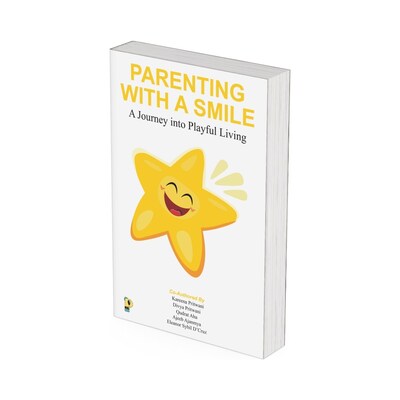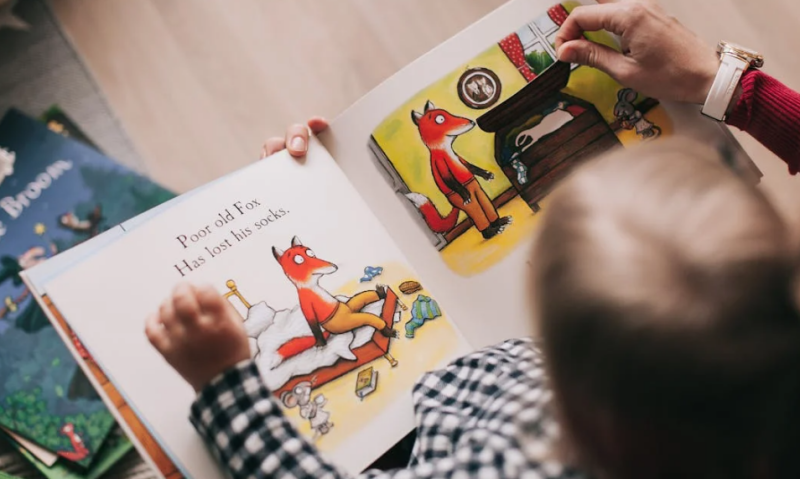Unhealthy, excessive tech use affecting kids’ development’ …writes Sahana Ghosh
 Pestered by his parents to go out and play, 10-year-old Ashwin refused to budge from his gaming console. It was only after his harried parents promised more gaming time that he ventured out – that too for a bit.
Pestered by his parents to go out and play, 10-year-old Ashwin refused to budge from his gaming console. It was only after his harried parents promised more gaming time that he ventured out – that too for a bit.
Instances of conflicts between parents and their tech-obsessed wards, poor social interaction and worsening of basic skills are some of the consequences of addiction to and excessive use of technology among children in India, experts warn.
And it is not just a child health issue but a public health concern as well, National Indian Public Health Association President J. Ravi Kumar said.
“Technologies like the internet, smartphones and electronic gadgets like gaming consoles, tablets and the like are essential for development, but the side-effects of overuse is a concern for public health,” Ravi Kumar told IANS.
He said this has brought to the fore the importance for parents to be aware of the extent to which they themselves spend time on gadgets.
“Children tend to follow what their elders do. So when they see parents working for long hours on their laptops, they are bound to get influenced.
“This, in turn, results in conflicts: when parents try to limit their children’s exposure to electronic devices, they are smart enough to question why the elders are tinkering with their laptops so much,” Ravi Kumar said.
Ashwin’s parents, both employed in the IT industry in Kolkata, agree.
“We do need to monitor our usage, especially in presence of Ashwin,” M. Bhargav (names changed) told IANS.
While for pre-teens like Ashwin, the attractions are mainly video games and gaming apps, for teens, social networking and internet activity (on smartphones or computers) are the top draw, said Manoj Kumar Sharma, associate professor at the Department of Clinical Psychology, National Institute of Mental Health and Neuro Sciences (NIMHANS), Bangalore.
Sharma said the institute’s SHUT clinic (Service for Healthy Use of Technology) receives three to four mails per week from other states of India – from parents of teenagers – enquiring about the service as well as possibility of online help or telephone counselling.
“We get users of video gaming, mobile texting, social networking sites and pornography in the age group of 14-19 years, belonging to mid-to-upper socio-economic class.
“They are predominantly male and indulge in online activities on their smartphone or at home computers or cyber cafes and have low to zero knowledge of cyber laws,” Sharma told IANS.
Counselling was sought by parents in the wake of declining academic grades, behavioural changes in the form of irritability or angry outbursts when restricted in usage of technology by adults, said Sharma.
“Another consequence is decreasing contact with family, inclination to be hooked on to IT-enabled devices and indulgence in high risk behavior due to online pornography. In these situations parents should explain to their children why too much technology is inhibitive. They should limit the time of exposure to gadgets and spend more time with them.
“Restricting them from using devices in totality is not the solution in this age,” Sharma added.
What about technology-enabled education processes? Can students today have a holistic educational experience sans the intrusion of virtual world? Do the cons sideline the pros of technology in child welfare?
Bani Bhattacharya, associate professor, Centre For Educational Technology, Indian Institute of Technology -Kharapgpur, said the benefits of playing video games and the like are usually not incorporated in the educational set-up.
“Though it is known computer games and the like help in strengthening reflexes, multitasking and other functions, such things are not much wanted in educational set-up.
“Parents are mostly worried about marks and academic excellence. There are good sides to games also, but that is not reflected in the educational curriculum of schools,” Bhattacharya told IANS.
Connecting the dots, award-winning educationist Devi Kar highlighted the category of small children who are also adept at handling devices.
However, she said, one must also consider the fact that they are born in the era of high-end technology and a balanced approach must be taken while using gadgets in classrooms and more interaction with nature should be encouraged.
“Small children too love to fiddle and know what buttons to press to get what they want. There is nothing wrong with it as long as they are not deprived of other things. They are born into this kind of world.
“But we have to be very careful about the addiction facet. Schools can help. There should be judicious combination of traditional methods and use of gadgets,” Kar, the director of Kolkata’s Modern High School for Girls, told IANS.








